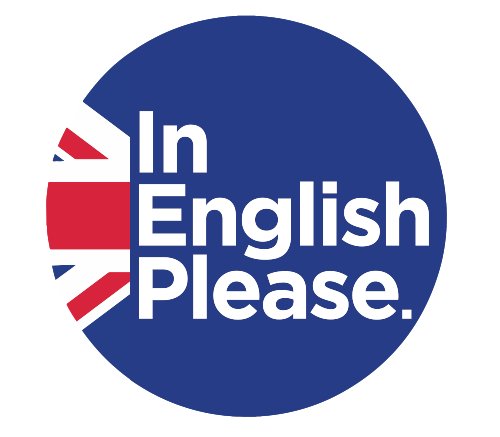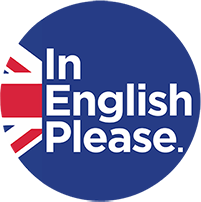Third conditional

How to use the third conditional
The third conditional is a type of conditional sentence in English that is used to describe a past event or situation that did not happen because of a certain condition.
The third conditional is often used to talk about events or situations that did not happen in the past and cannot be changed. It is used to express regret or to speculate about what might have happened if the condition had been met.
It is formed using the past perfect tense in the “if” clause and the past perfect tense in the main clause.
Here’s the basic structure of the third conditional:
[If + past perfect, past perfect]
Or I use the mantra: If I had, I would have (there is no verb here!!! It is just the structure)
Say this everyday until it becomes clear:
🧘 If I had…, I would have… If I had…, I would have… If I had…, I would have… If I had…, I would have…
Check out these examples
If we had taken the train, we would have arrived on time. Si hubiéramos cogido el tren, habríamos llegado a tiempo.
If I had been faster, I would have caught the bus. Si hubiera sido más rápido, habría cogido el autobús.
If I had listened to you, I wouldn’t have made that mistake. Si te hubiera escuchado, no habría cometido ese error.
If I had saved more money, I would have been able to go to the USA. Si hubiera ahorrado más dinero, habría podido ir a Estados Unidos.
If he had told me the truth, I would have understood his actions. Si él me hubiera dicho la verdad, habría entendido sus acciones.
If I had invested in that company, I would have made a lot of money. Si hubiera invertido en esa empresa, habría ganado mucho dinero.
Become an expert! Check out this short course for the second and third conditional
Now show how much you’ve learnt! 👉

